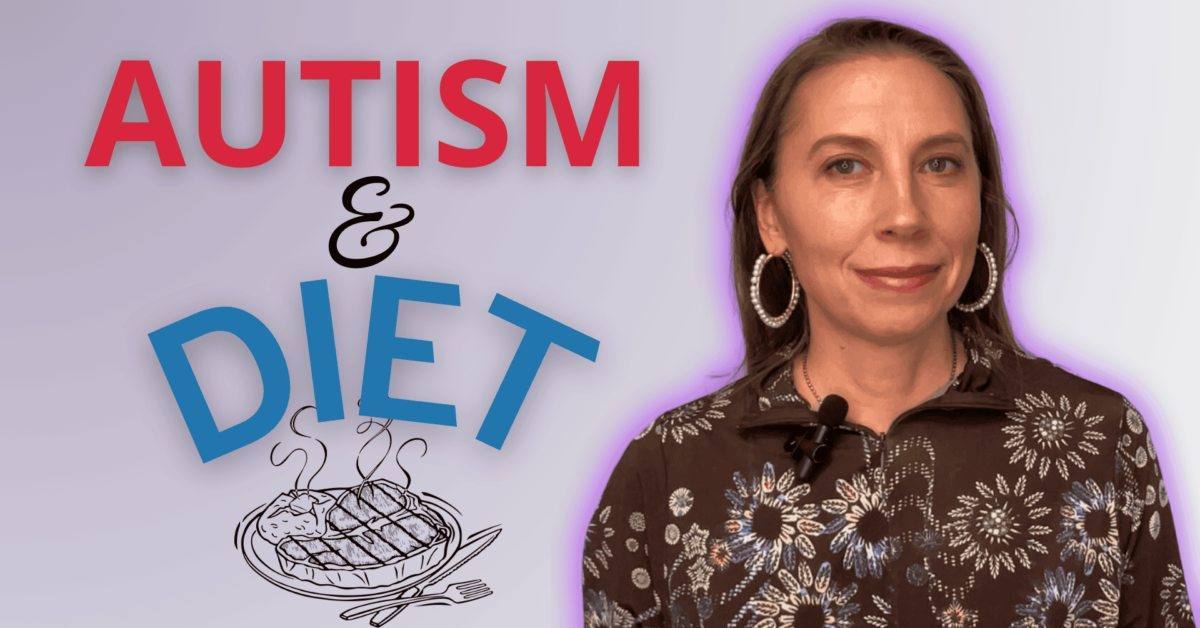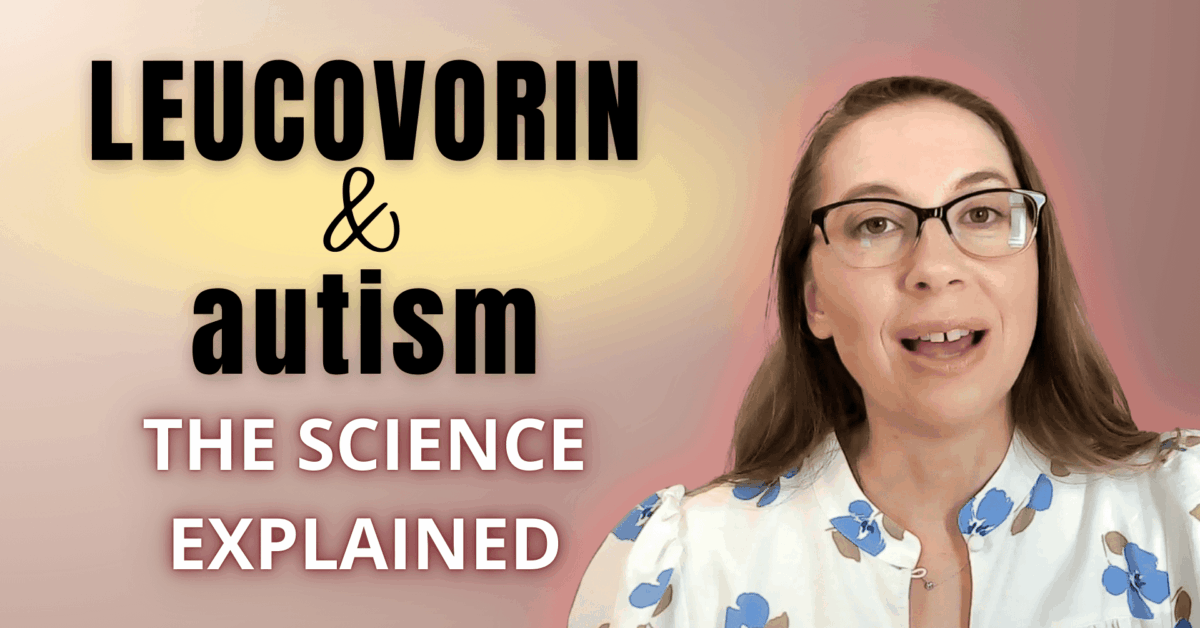Shocking study – how food impacts autism more than we knew.
Autism is a diagnosis that reshapes lives and redefines expectations. For parents, navigating this journey is both a challenge and an act of profound love. But did you know that food, something so simple, yet vital, plays a critical role in the lives of children with autism?
Today, we’re diving into the groundbreaking research that sheds light on how food allergies, intolerances, and nutrition impact children with autism and why it matters.
Latest research
A great new study was done in Italy on food intolerance. From October 2017 to December 2023, 100 autistic patients and 100 children as a control group were studied.
Results
This study took 6 years and found that kids with autism are significantly more likely to experience adverse food reactions like allergies, intolerances, and even celiac disease.
The numbers are staggering – 16% of children with autism face these challenges compared to just 2% of their peers. But it doesn’t stop there. Children with autism often struggle with food selectivity, picky eating, preferring only a limited range of foods, and they’re typically not healthy foods.
And they’re also less likely to follow a Mediterranean-style diet. Remember, this research was done in Italy.
What do the results signify?
Picky eating is a problem, but this isn’t just about picky eating. Picky eating leads to nutritional gaps, higher rates of obesity, and even exacerbates autism-related challenges. What does this mean for families?
Solution
It means the need for a team, a village. You need pediatricians, dieticians, specialists, and allergists, working hand in hand to create a plan that not only addresses these food challenges but also improves the overall quality of life by getting at the root issue causing those allergies and food intolerances.
You have to build a team of doctors who can understand and stop the reason for these food allergies, reactions, and preferences.
Conclusion
This study’s conclusion is clear. Early and personalized nutritional management isn’t just helpful. It’s transformative. By addressing food-related challenges, we can help children with autism thrive not just in terms of health, but also in their daily interactions and their joy. We want them to enjoy life, be part of it, and grow.
This research is a beacon of hope, but it’s also a call to action, for parents, healthcare providers, and all of us. Let’s create a world where no child’s potential is limited by what’s on their plate.
Confused by all the information about autism? I’ve got you! Click the link to see how we can work together. Let me break down the science and provide you with clear, actionable steps to make your plan forward easier.




